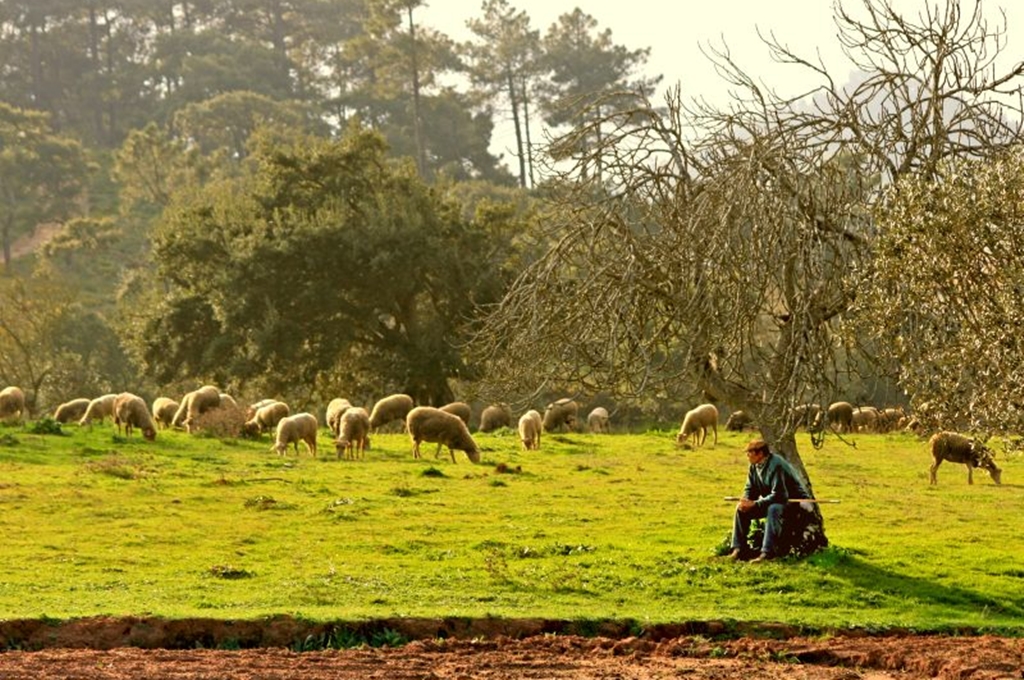Many people ask me what the most important things are to remember when leading worship for students. Some think it is important to choose fast, upbeat, and exciting songs. While I think song selection is important, there are a number of other things I would prioritize above that. Simply put, the key to worship leadership is relationships, regardless of the group size or age.
 The first (and hopefully obvious) relationship of importance is our personal relationship with the Lord. It is easy to allow the stresses of the day and our personal lives distract us from leading well. When I am not focused on the worship, though, how can I expect the students to be? Take some time to clear your mind, pray for the services, and consider the fact that you are broken and in need of a savior.
The first (and hopefully obvious) relationship of importance is our personal relationship with the Lord. It is easy to allow the stresses of the day and our personal lives distract us from leading well. When I am not focused on the worship, though, how can I expect the students to be? Take some time to clear your mind, pray for the services, and consider the fact that you are broken and in need of a savior.
The second is our relationship with the other leaders in the room. I’ve been in many worship services where the pastor or other leaders (adult or student) aren’t engaged. They are more concerned with monitoring what is going on and “leading from the back.” Students long to be with their leaders, and worship time is no exception.
One summer while working at a camp called Pine Cove, I wondered why the worship was so much more engaging than usual. I realized there wasn’t just one worship leader; there were multiple worship leaders all around the room. They may not have been classically-trained or musically-inclined whatsoever, but they were leaders, even during the worship time. I began to see how important it is for me to build relationships with the other “worship leaders” in the room.

After that summer, I started to tell the leaders at camps, retreats, and other events that they are just as much worship leaders as I am on stage. I affirm them and help them realize how valuable they are and how much they are looked up to and appreciated by the students. And whether they believe it or not, students mirror their leaders. When I give the leaders in the room “permission” to truly worship and lead in that way, I am amazed by how the atmosphere of worship changes! As an added bonus, it puts familiar faces throughout the congregation—a handful of specific people I can interact with throughout the worship set.
The third relationship is with the students (our congregation). I think that someone in a leadership position with students should make it his or her goal to connect with them on a personal level. At camps, eating with students and hanging out with them. At church, talking and hanging out before and after services. The rest of the week, pouring into students in small groups. Like I’ve said, students long to be with their leaders, and they value your input in their life.
The amazing thing is, these principles apply to every aspect of worship leadership—whether students or adults, a small house Bible study group or a congregation of 4,000. Jesus held in high regard the relationships He had with those around him. First, the relationship with His Father (Mark 1:35-37), then His disciples (John 15:9-17), and finally His followers (John 3:5-15). I believe we should do the same.
How do you feel focusing on relationships can impact your worship leadership?




